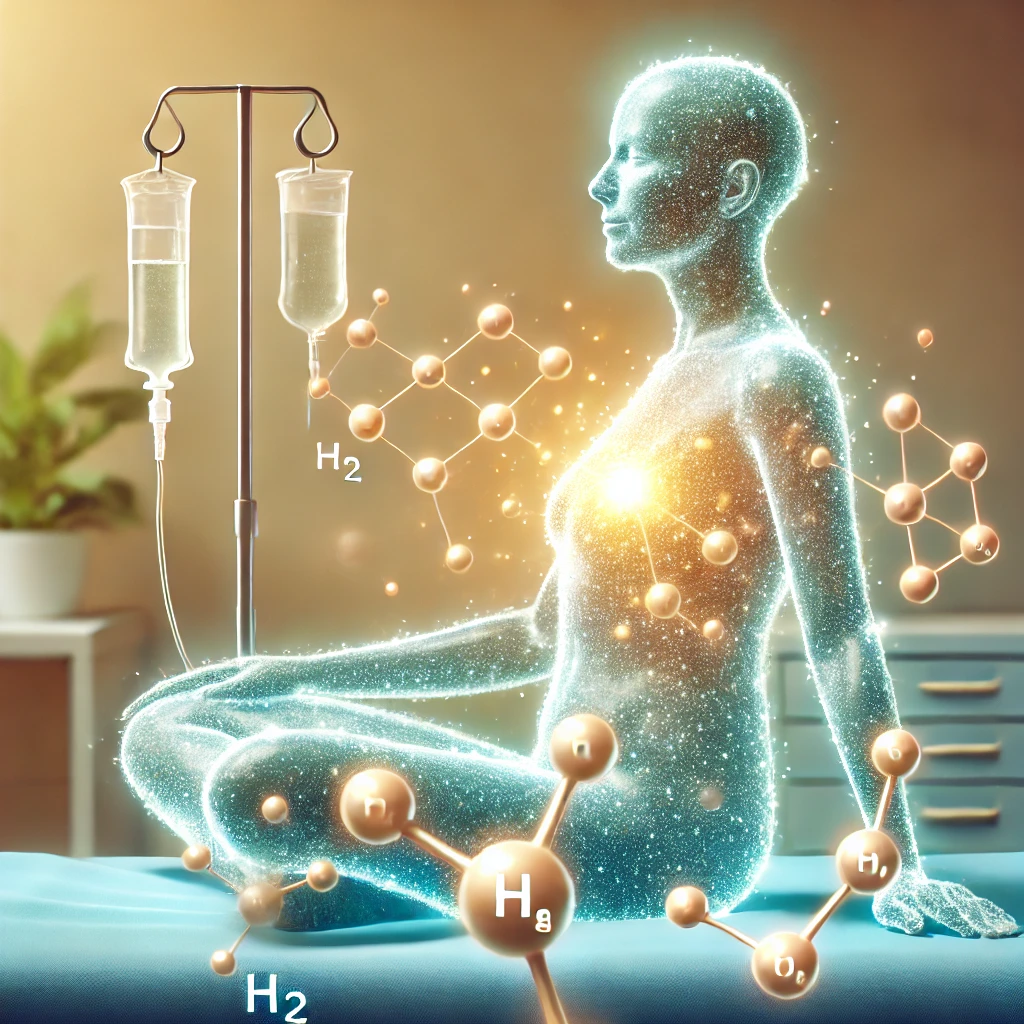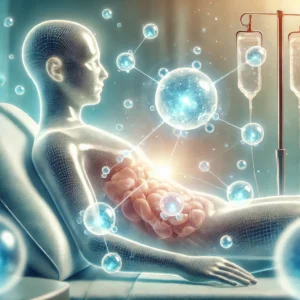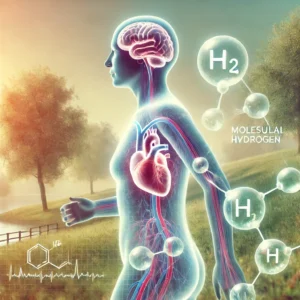Fatigue. Nausea. Brain fog. Pain. These aren’t just symptoms of cancer — they’re often the side effects of fighting it. For decades, treatments like chemotherapy and radiation have waged war inside the body, but at great cost to the patient’s quality of life.
Now imagine a new player enters the field — not a synthetic drug, but a molecule so simple it once seemed too good to be true: hydrogen (H₂). According to a comprehensive 2023 review from the Asian Pacific Journal of Cancer Prevention, hydrogen therapy is proving to be a quiet revolution in cancer support.
🎯 Not Just a Theory — It’s Happening
The review analyzed 27 high-quality studies across a decade. What they found was consistent, encouraging, and in many ways, groundbreaking:
• Hydrogen slowed tumor growth in lung, liver, ovarian, cervical, and colon cancers
• It boosted survival rates when used with chemotherapy and immunotherapy
• Patients reported less fatigue, nausea, and appetite loss
• It helped protect healthy organs like the liver and kidneys during intense treatment
• And in many cases, it improved quality of life — even helping restore hearing lost during radiotherapy
🧬 How Does It Work?
Hydrogen’s magic lies in its selective antioxidant action. It neutralizes the most harmful free radicals (like hydroxyl radicals) without interfering with necessary oxidative processes — a balance traditional antioxidants often fail to strike.
Even more, hydrogen:
• Promotes cancer cell apoptosis (natural cell death)
• Downregulates harmful genes like CD47 and EZH2 (linked to tumor protection)
• Crosses the blood-brain barrier, showing promise in brain cancers like glioblastoma
• Works through inflammation-regulating pathways (like NF-κB and NLRP3)
💧 How It’s Used
The studies reviewed included all major forms of hydrogen therapy:
• Hydrogen-rich water (HRW): Easy to drink, safe for daily use, and already improving symptoms in patients undergoing chemotherapy
• Hydrogen gas inhalation: Powerful results in lung, colorectal, and gallbladder cancers — especially when combined with immunotherapy
• Hydrogen-rich saline: Delivered intravenously, this method supports patients in clinical settings and showed benefits even at low doses
👩⚕️ Real Impact in Real Patients
A clinical trial combining hydrogen gas with the immunotherapy drug nivolumab in lung cancer patients saw median survival nearly triple(28 months vs. 9). In another study, patients with advanced colorectal cancer improved their immune profiles — turning “exhausted” T-cells into active defenders.
Patients also reported returning to normal life — something rarely heard in advanced cancer narratives.
🧘 Why It Matters
Hydrogen isn’t a cure. But it’s something just as rare: a non-toxic, well-tolerated adjunct therapy that improves treatment response while reducing side effects.
That means:
• Stronger outcomes from existing treatments
• More comfortable healing journeys
• And, perhaps, longer, better lives
🧪 The Takeaway
While more large-scale trials are still needed, the data so far is promising. Hydrogen is carving out its place not as a miracle, but as a meaningful complement to modern cancer care.
Gentle. Targeted. Profound.
It might just be the best news in oncology you’ve never heard of.
📘 Citation:
Mohd Noor, M.N.Z., Alauddin, A.S., Yeong, C.H., et al. (2023). A Systematic Review of Molecular Hydrogen Therapy in Cancer Management. Asian Pacific Journal of Cancer Prevention, 24(1), 37–47. https://doi.org/10.31557/APJCP.2023.24.1.37





